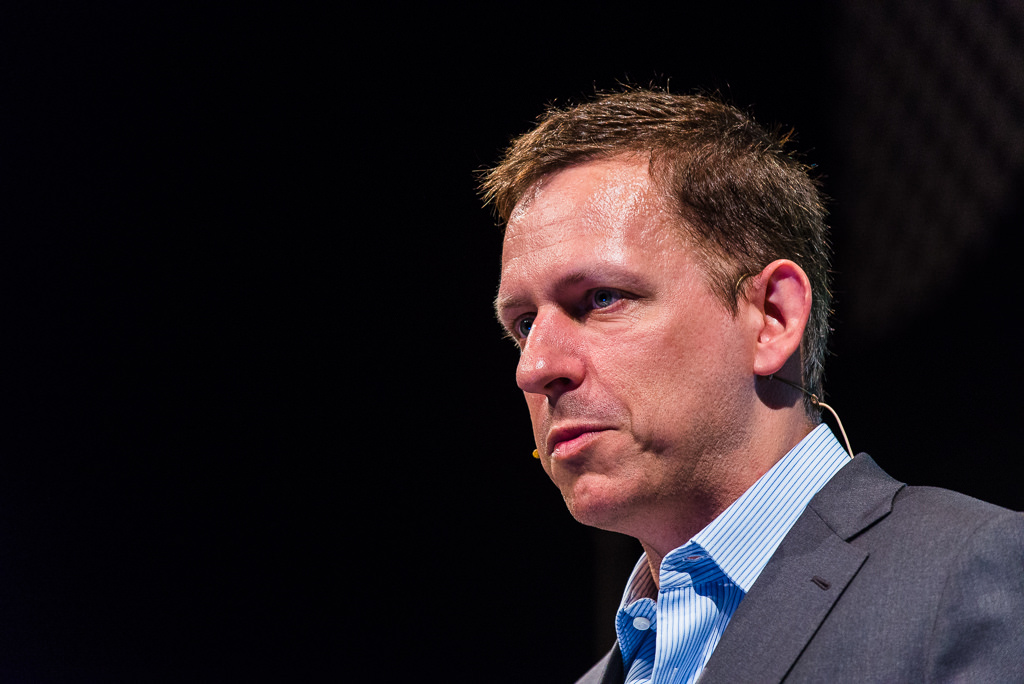New technology tends to come from new ventures — startups. From the Founding Fathers in politics to the Royal Society in science to Fairchild Semiconductor’s “traitorous eight” in business, small groups of people bound together by some sense of mission have changed the world for the better. The easiest explanation for this is negative: it’s hard to develop new things in big organizations, and it’s even harder to do it by yourself. Bureaucratic hierarchies move slowly, and entrenched interests shy away from risk. In the most dysfunctional organizations, signaling that work is being done becomes a better strategy for career advancement than actually doing work (if this describes your company, you should quit now). At the other extreme, a lone genius might create a classic work of art or literature, but he could never create an entire industry. Startups work on the principle that you need to work with other people to get stuff done, but you also need to stay small enough so that you actually can.
Positively defined, a startup is the largest group of people you can convince of a plan to build a different future. A new company’s most important strength is new thinking: even more important than nimbleness, small size affords space to think…[T]hat is what a startup has to do: question received ideas and rethink business from scratch.
Peter Thiel in the introduction to Zero to One.

